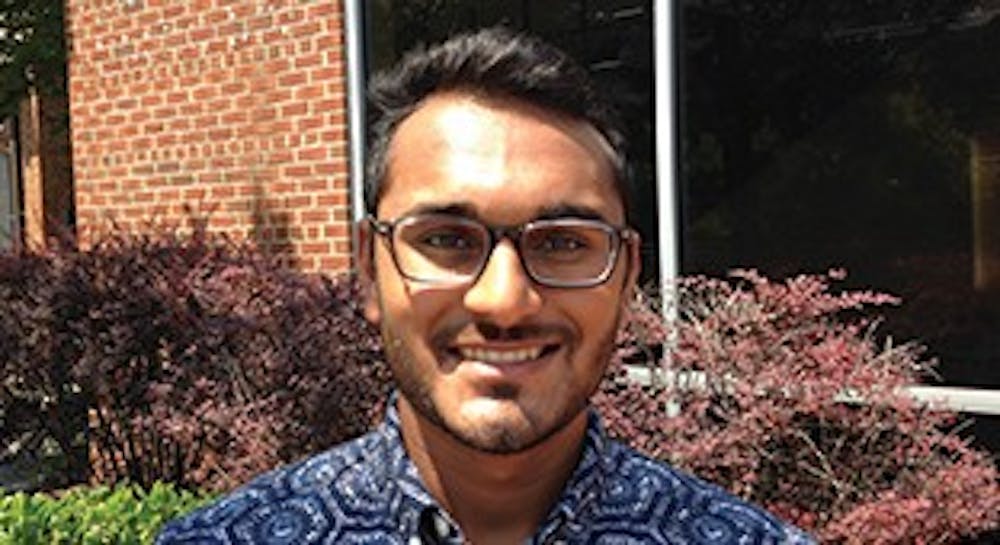CORRECTION: Due to a reporting error, a previous version of this column misstated whether Bradley Opere was the first international student elected student body president at UNC. The story has been updated to reflect this change. The Daily Tar Heel apologizes for the error.
Two weeks ago, my friend Bradley Opere was elected the University’s student body president. A majority of students, especially students of color, like myself, were elated. A Black man was student body president at last.
Bradley’s election brought me back seven years to when we elected the first Black president of the United States. In Barack Obama, we found hope and triumph in the supposed disruption of whiteness in government. In Bradley, we too find inspiration for what can be achieved. Yet, does the election of Obama or Opere really represent an affront to institutionalized white supremacy?
Overlooking the canonization of Obama as the token first, we realize that nothing has changed. Under Obama, the state has only expanded the surveillance and militarization of Black and Brown communities, here and abroad. The latest round of neoliberal free trade will sustain the exploitation of workers in the Global South. Five years since Obama ordered the closure of Guantanamo Bay, the detention camp is still operating. Obama’s mantra of “yes, we can” has been rendered a false promise.
Yet white liberalism would still have us blindly believe that Obama is our savior and his inauguration, the inauguration of a “post-racial” society.
Representation, diversity and inclusion, we are led to believe, is the fulcrum of our salvation. The more people of color among the award-winning elite in the media, academia, elected and corporate offices, the more equality and justice for all. Right? Wrong.
In some respects, diversity and inclusion are important. The recruitment and retention of faculty, mental wellness counselors and students of color is critical.
The election of an African student body president and inclusion of more Black and Brown bodies, however, is meaningless in the context of the ongoing expanses of insidious racism on campus and across the state. The Board of Governors and the University continue to operate to the detriment of people of color, most especially poor and working class Black and Brown people. The Board of Governors is cutting funding to historically Black colleges and universities and corporatizing higher education. Meanwhile, the University and its athletic-industrial complex are exploiting the labor of its predominantly Black student-athletes. The University administration talks about “making UNC a more inclusive institution” to disguise its complicity in white supremacy and racial capitalism.



